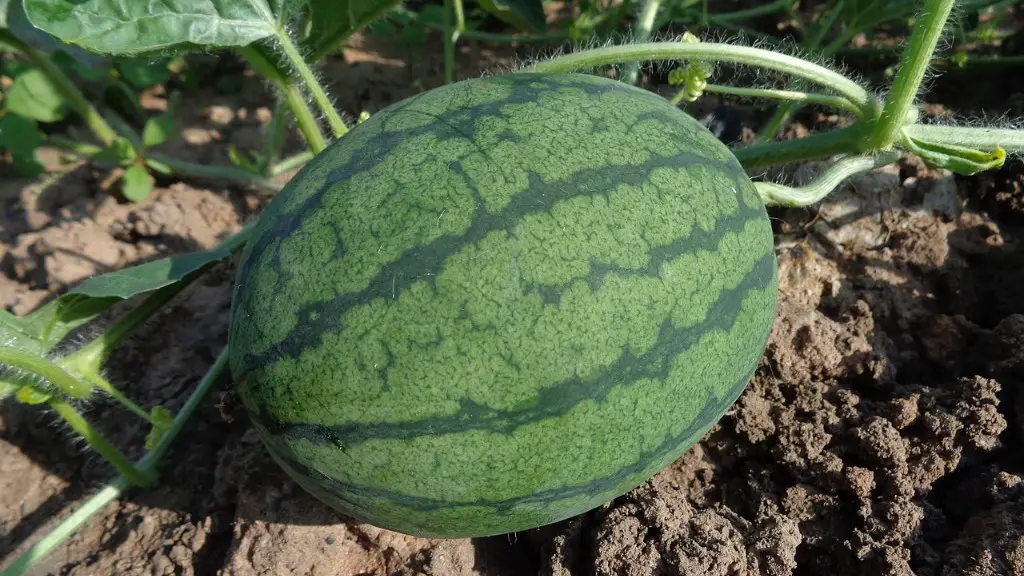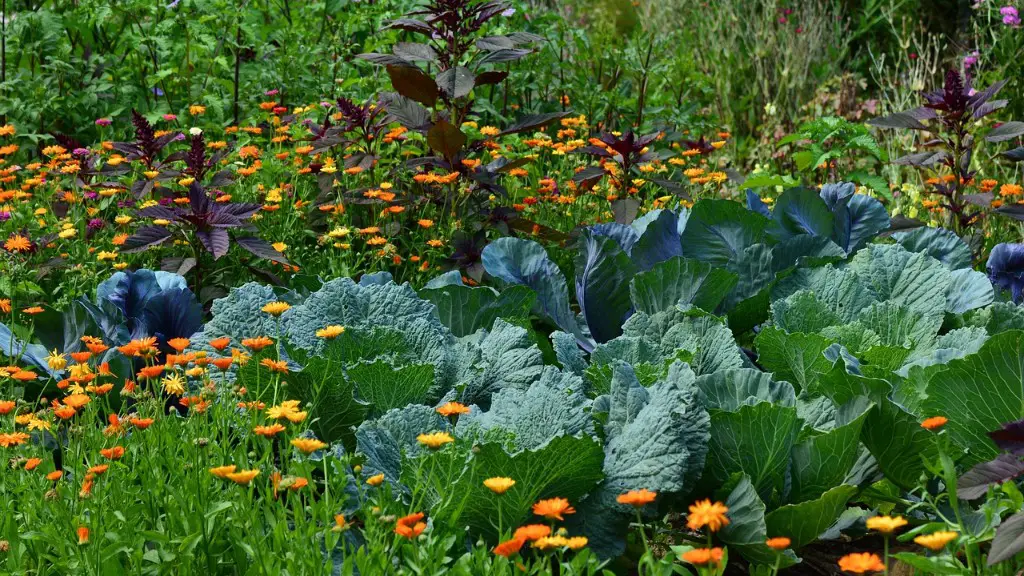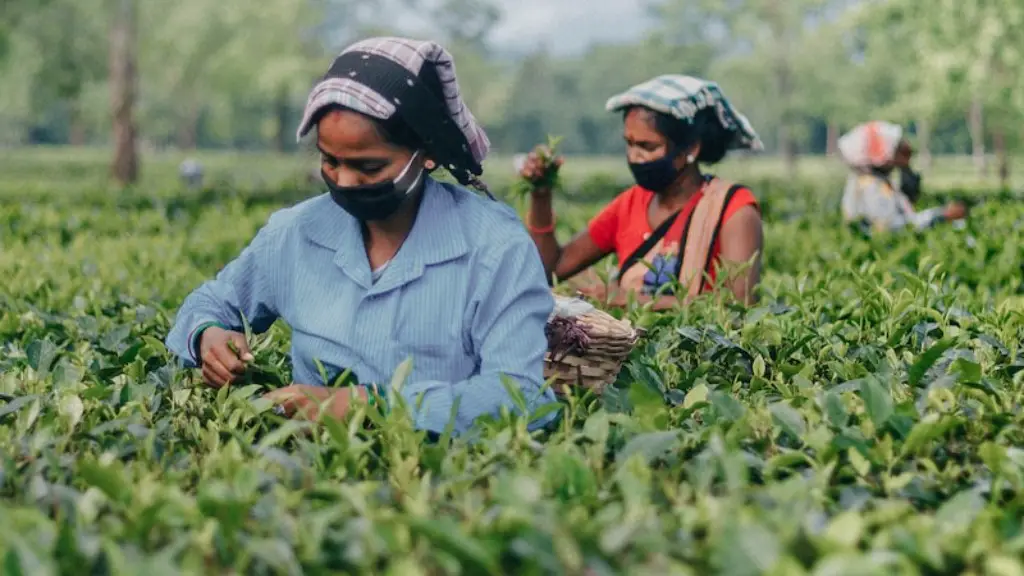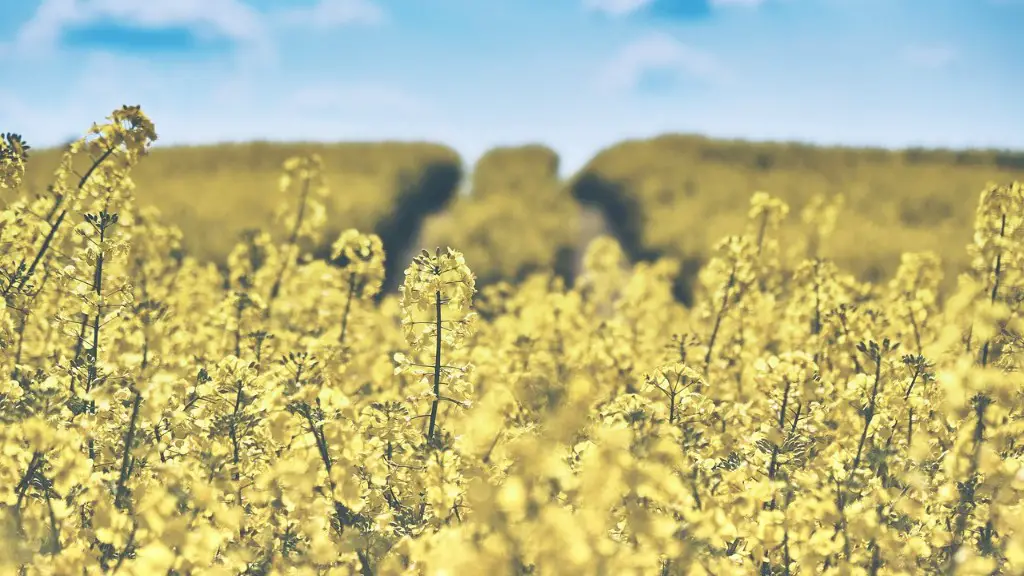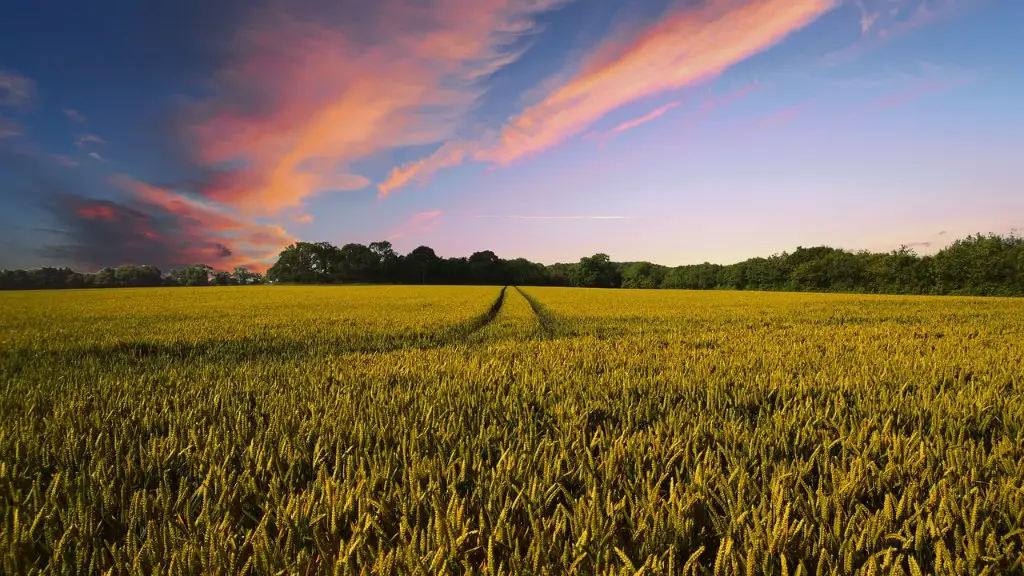According to the United States Department of Agriculture, soil is important in agriculture because it:
-holds the roots of plants
-provides plant nutrients and water
-filters water
-stabilizes the plants
-moderates temperature extremes
Soil is basically the foundation of agriculture. It is the medium in which plants grow, and it plays a critical role in plant health. Good soil fertility, structure, and drainage are essential for strong and healthy plant growth.
Soil is important in agriculture because it is the material from which crops grow. The physical, chemical, and biological properties of soil determine the type of crops that can be grown and how well they will grow.
What are 5 reasons why soil is important?
Healthy soils are essential for many things, including healthy plant growth, human nutrition, and water filtration. Soil helps to regulate the Earth’s climate and stores more carbon than all of the world’s forests combined. Therefore, it is important to do what we can to promote healthy soils.
Soils are very important for plant growth. They anchor roots, hold water, and store nutrients. Plants need all of these things to grow healthy and strong.
What is soil and why is it important
Soil is essential for food security, water purification, and mitigating climate change. Without healthy soils, we cannot have a healthy planet.
The soil is a very important part of the ecosystem. It provides nutrients, water and minerals to plants and trees, stores carbon and is home to billions of insects, small animals, bacteria and many other micro-organisms. The soil is a very important part of the ecosystem and we need to take care of it.
What soil is most important in agriculture?
Loamy-Loamy-textured soils are commonly described as medium textured with functionally-equal contributions of sand, silt, and clay. These medium-textured soils are often considered ideal for agriculture as they are easily cultivated by farmers and can be highly productive for crop growth.
Soil is an important resource that provides many benefits. Plants that grow in the soil can be used for medicines, clothing, building materials, etc. Soil provides anchorage for roots and holds water and nutrients. Nutrients are recycled in the soil. Soil is a natural medium for filtering and purifying water.
What is the most important function of soil?
Soil is essential for plant growth as it serves as a physical support and protective environment for plant roots, provides a reservoir of available water and nutrients, and helps to regulate plant temperature. However, soil can also be a source of contamination if it is not managed properly.
Soil is incredibly important to our survival and well-being. It is the foundation of our food system, providing the nutrients plants need to grow. It also regulates the Earth’s climate, helps purify our water, and filters our air.
without healthy soil, we would not be able to survive. That’s why it’s so important to take care of our soils and use them wisely.
What are the 6 main roles of soil in an ecosystem
Ecosystem services are the benefits that humans receive from ecosystems. These services are often invisible and taken for granted, but they are essential for our survival and well-being.
Soil functions are a subset of ecosystem services that refer to the benefits we receive from the soil. These functions are vital for sustaining life on Earth, and include regulating air quality and temperature, cycling nutrients and water, and providing habitat for plants and animals.
healthy soils are essential for healthy ecosystems and human societies. We must do our part to protect and preserve them for future generations.
Soil pH is an important factor to consider when growing plants. It can directly affect the availability of essential nutrients to plants, as well as the plant’s ability to adapt to the given soil. Most agricultural plants prefer a slightly acidic pH of 6.4.
What is soil according to agriculture?
In its traditional meaning, soil is the natural medium for the growth of plants. Soil has also been defined as a natural body consisting of layers (soil horizons) that are composed of weathered mineral materials, organic material, air and water.
Soil is a vital part of our ecosystem and is home to millions of different kinds of organisms. These organisms play an important role in the health of our environment. Soil is a frontier for exploration and we have only just begun to scratch the surface of understanding all the different species that call it home.
How do soils support plant growth
Soil is an important substrate for plants to grow in. Soil provides support, nutrients, and a network of water and air to the plant’s roots. Plants can grow without soil, but they will need structures to support them, the correct amount of water and air to their roots, and ample nutrients.
Soils play a vital role in the health of ecosystems and the environment. They act as a buffer against pollutants and help to store and purify water. They also provide a home for a large variety of plants and animals, and are a key component in the food chain. Soils are also a major source of minerals and other nutrients that are essential for plant growth.
What does soil provide for plants?
It is important to have good soil for plants not only for their roots but for providing the necessary water and nutrients for them to grow. Poor soil can lead to stunted growth or problems with pests and disease, even if the plant is getting enough water and light. On the other hand, plants in good soil will be able to grow to their fullest potential and be more resistant to problems.
Without healthy soils, we would not be able to exist. Soils provide many essential functions that support all life on Earth. They purify our air and water, regulate our climate, recycle nutrients and organic matter, and provide habitats for countless plants and animals.
We need to do everything we can to protect and restore our soils. They are a precious resource that we cannot afford to lose.
Warp Up
Soil is important in agriculture for many reasons. It is the foundation for plants, providing them with the nutrients, water, and support they need to grow. Soil also helps to regulate temperature and store carbon, two important elements in the global climate. Additionally, healthy soils are key to preventing erosion, which can cause farmland to become unusable.
Soil is the basis of all agriculture. It is the medium in which crops are grown and provides the necessary nutrients and water to support plant growth. Soil also buffers against extreme temperature and conserves moisture. In short, soil is essential for agriculture and for the production of food.
